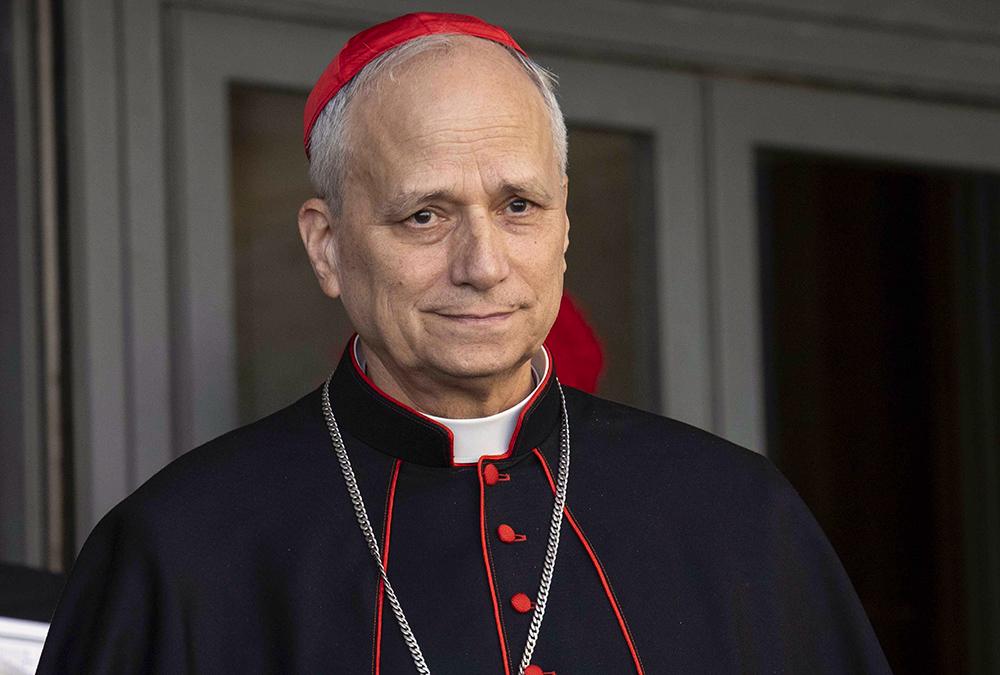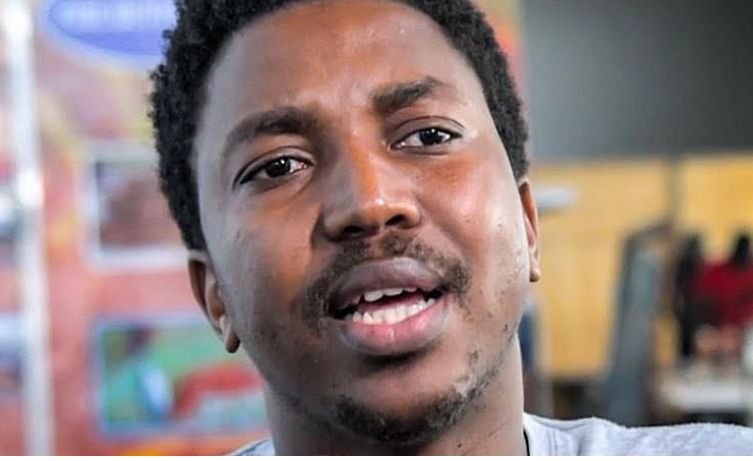JOHANNESBURG – European Union foreign ministers agreed Tuesday to toughen sanctions against Zimbabwe’s President Robert Mugabe to pressure him to share power with the opposition ahead of the opening of talks between Zimbabwe’s rival parties in South Africa.
Mugabe and opposition leader Morgan Tsvangirai agreed Monday to formal talks about sharing power to end Zimbabwe’s crisis, deepened by three months of state-sponsored electoral violence. The talks were expected to begin later Tuesday at a secret location, said Mukoni Ratshitanga, spokesman for South African President Thabo Mbeki who is mediating.The agreement includes a key opposition demand for an end to the political violence that has killed dozens, injured thousands and sent tens of thousands fleeing from their homes.Mbeki persuaded the parties to agree to complete negotiations within two weeks, in a sudden show of urgency which may have been heightened by intense international pressure.In Brussels, French Foreign Minister Bernard Kouchner said EU foreign minister agreed to expand their sanctions blacklist of people linked to Mugabe’s government to 172 people, adding 37 individuals and four companies believed to financially support Mugabe and his Zanu-PF party.The list already contains 131 people, including Mugabe and members of his Cabinet, under measures passed in 2002.”We want there to be sanctions because sanctions have an effect,” Kouchner told reporters.The foreign ministers said in a statement they decided to expand sanctions “against those responsible for the campaign of violence that marked the elections,” and vowed to take additional “appropriate measures” if Mugabe fails to hand over power to the opposition.The revised list is subject to a travel ban and assets freeze and its expansion was meant to keep the pressure on Mugabe to cooperate with Tsvangirai in the power-sharing talks.The EU ministers also agreed to tighten a travel ban on Mugabe.Under new rules all member nations will have to approve a visit to an EU country before he would be allowed to enter the 27-nation bloc.Currently, only a majority needs to approve his visits.In the past year, Mugabe has twice attended international events in Europe, circumventing an EU ban.They also agreed to study further measures, notably on dissuading European companies from doing business with Mugabe’s government because of concerns he and his ministers are using businesses to move around their cash.The 37 added names include military chiefs and a journalist from a pro-Mugabe newspaper.The companies added are those the EU believes are being used to back Mugabe’s Zanu-PF party, including a farm cooperative and Zanu-PF’s publishing arm.The bloc also has in place a ban on arms sales.The EU ministers also concluded that Mugabe’s June re-election in a presidential run-off vote was illegitimate and they welcomed negotiations between Mugabe and Tsvangirai.Nampa-ReutersThe talks were expected to begin later Tuesday at a secret location, said Mukoni Ratshitanga, spokesman for South African President Thabo Mbeki who is mediating.The agreement includes a key opposition demand for an end to the political violence that has killed dozens, injured thousands and sent tens of thousands fleeing from their homes.Mbeki persuaded the parties to agree to complete negotiations within two weeks, in a sudden show of urgency which may have been heightened by intense international pressure.In Brussels, French Foreign Minister Bernard Kouchner said EU foreign minister agreed to expand their sanctions blacklist of people linked to Mugabe’s government to 172 people, adding 37 individuals and four companies believed to financially support Mugabe and his Zanu-PF party.The list already contains 131 people, including Mugabe and members of his Cabinet, under measures passed in 2002.”We want there to be sanctions because sanctions have an effect,” Kouchner told reporters.The foreign ministers said in a statement they decided to expand sanctions “against those responsible for the campaign of violence that marked the elections,” and vowed to take additional “appropriate measures” if Mugabe fails to hand over power to the opposition.The revised list is subject to a travel ban and assets freeze and its expansion was meant to keep the pressure on Mugabe to cooperate with Tsvangirai in the power-sharing talks.The EU ministers also agreed to tighten a travel ban on Mugabe.Under new rules all member nations will have to approve a visit to an EU country before he would be allowed to enter the 27-nation bloc.Currently, only a majority needs to approve his visits.In the past year, Mugabe has twice attended international events in Europe, circumventing an EU ban.They also agreed to study further measures, notably on dissuading European companies from doing business with Mugabe’s government because of concerns he and his ministers are using businesses to move around their cash.The 37 added names include military chiefs and a journalist from a pro-Mugabe newspaper.The companies added are those the EU believes are being used to back Mugabe’s Zanu-PF party, including a farm cooperative and Zanu-PF’s publishing arm.The bloc also has in place a ban on arms sales.The EU ministers also concluded that Mugabe’s June re-election in a presidential run-off vote was illegitimate and they welcomed negotiations between Mugabe and Tsvangirai.Nampa-Reuters
Stay informed with The Namibian – your source for credible journalism. Get in-depth reporting and opinions for
only N$85 a month. Invest in journalism, invest in democracy –
Subscribe Now!










